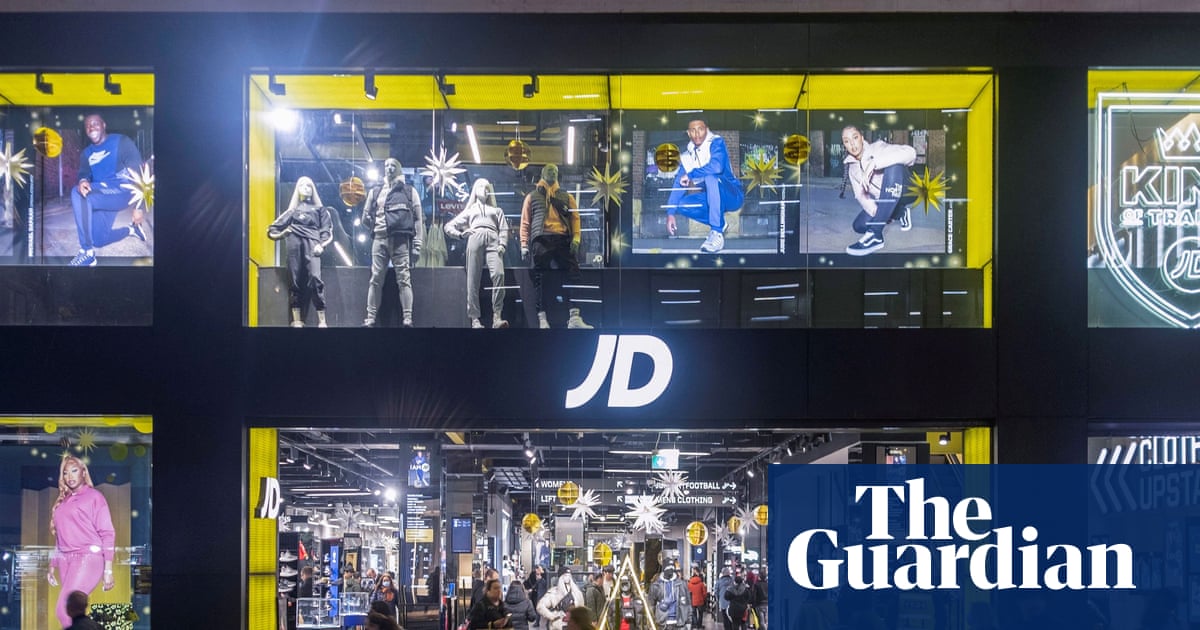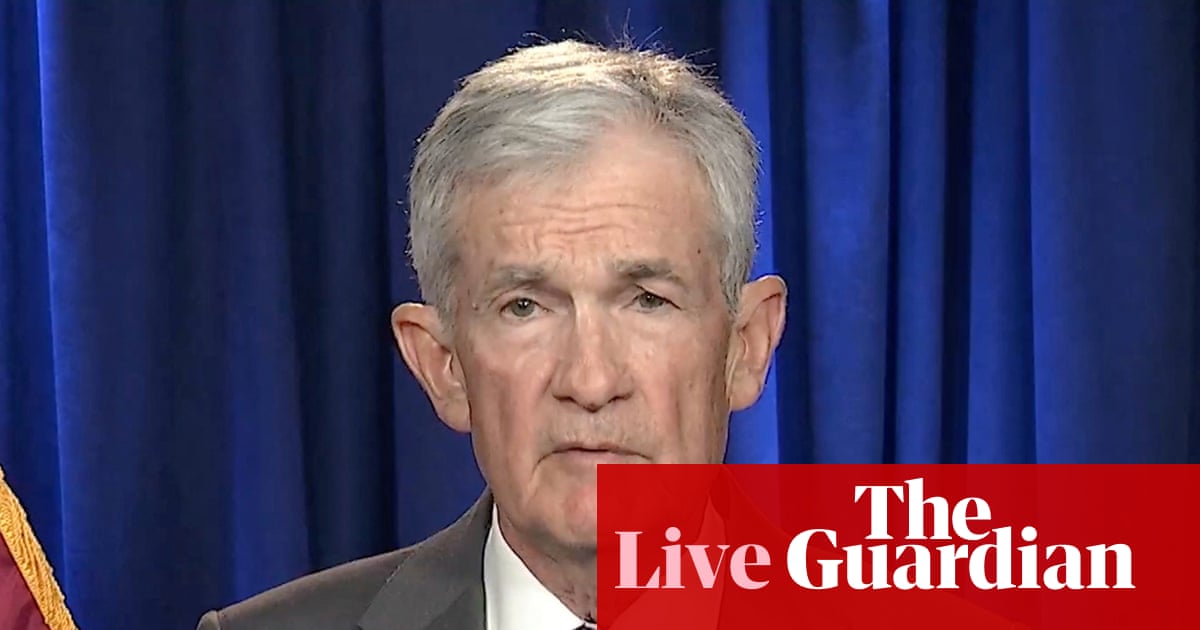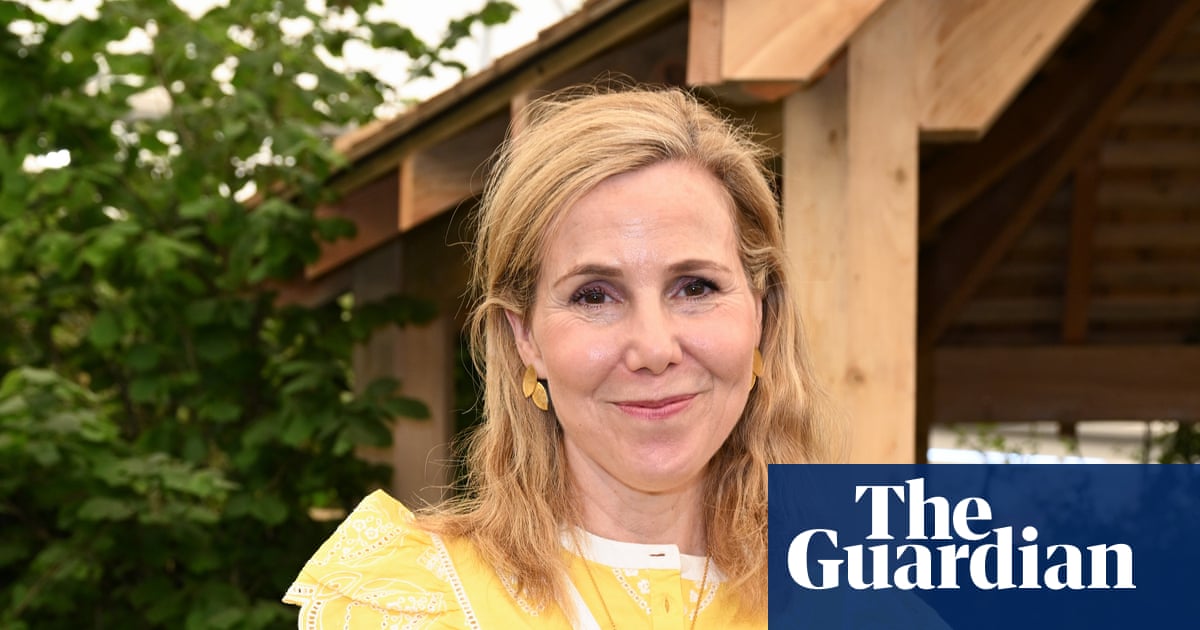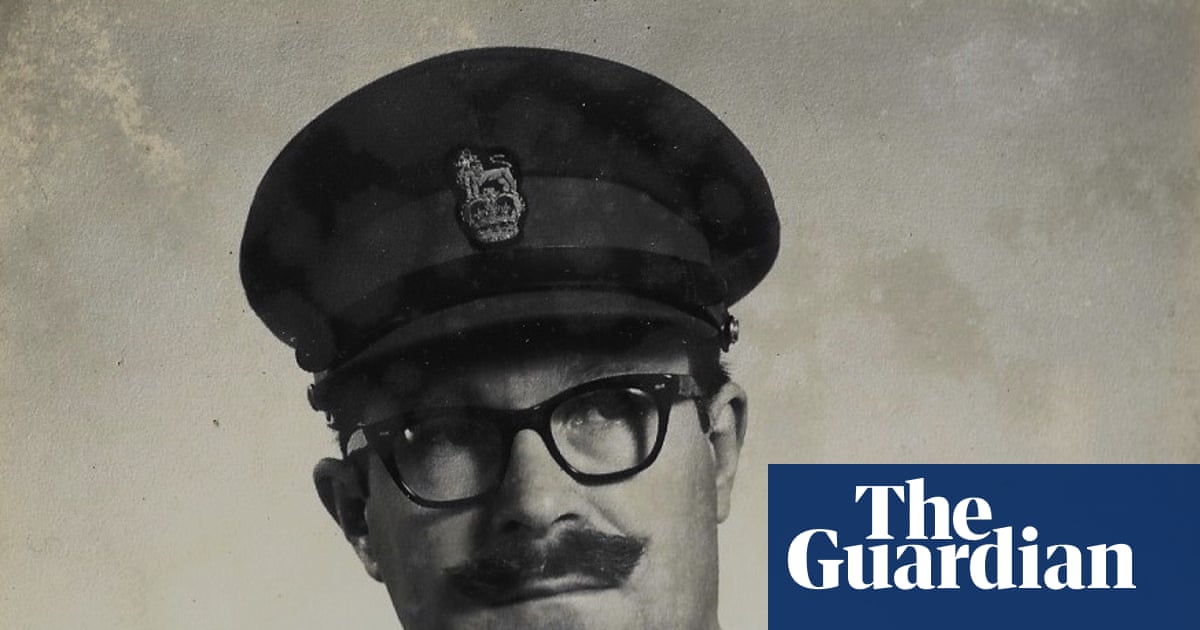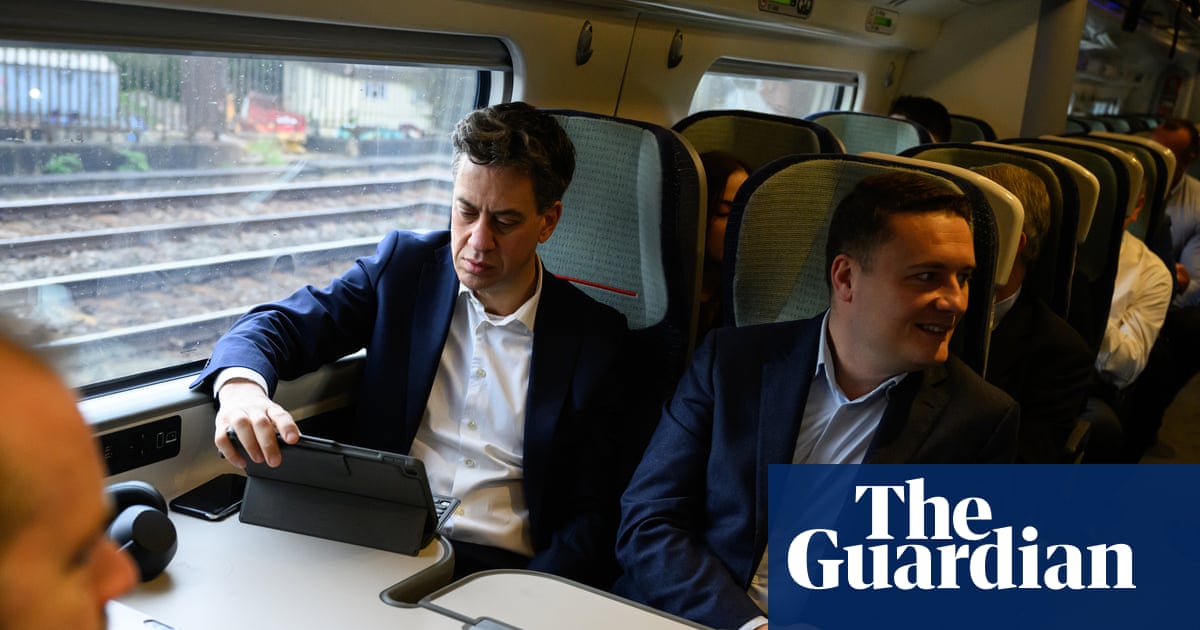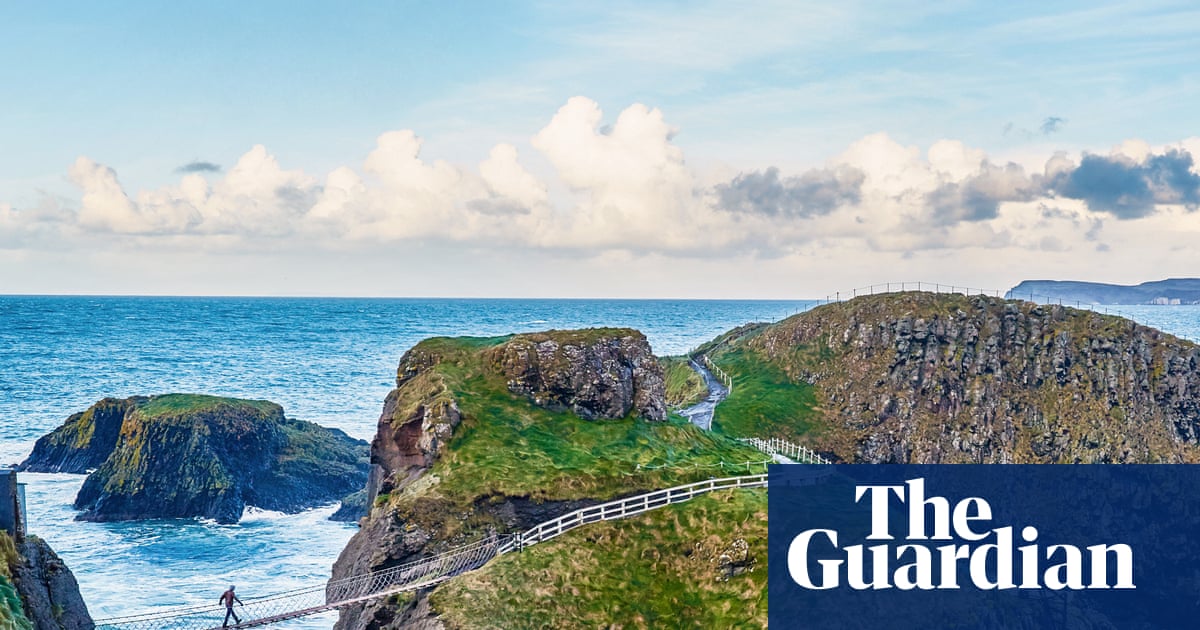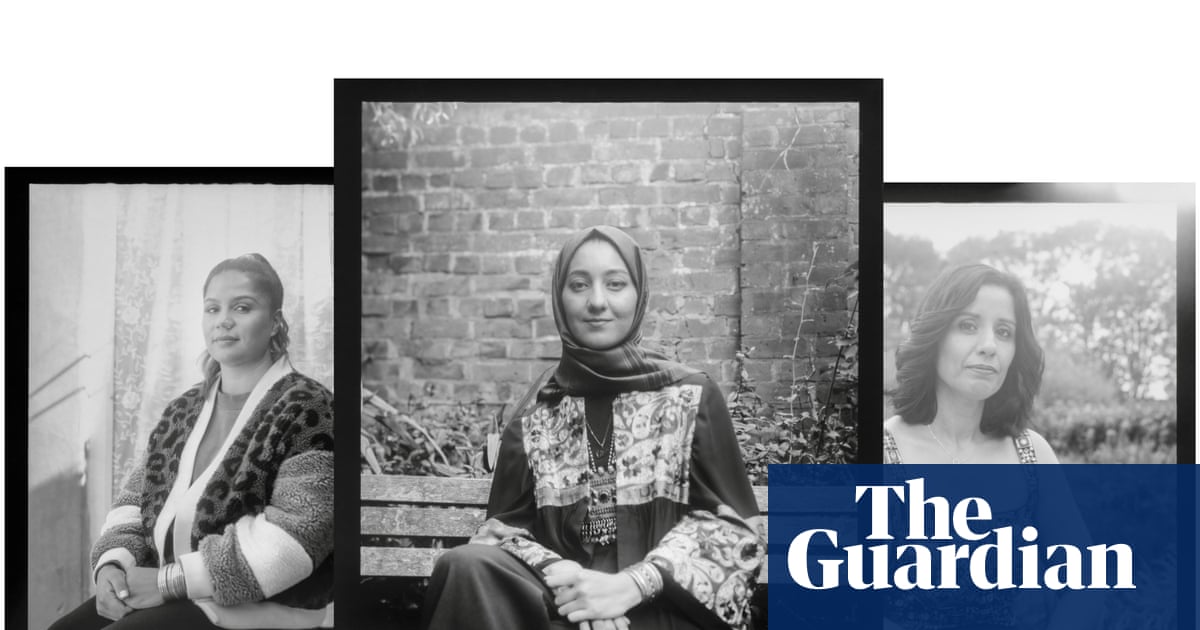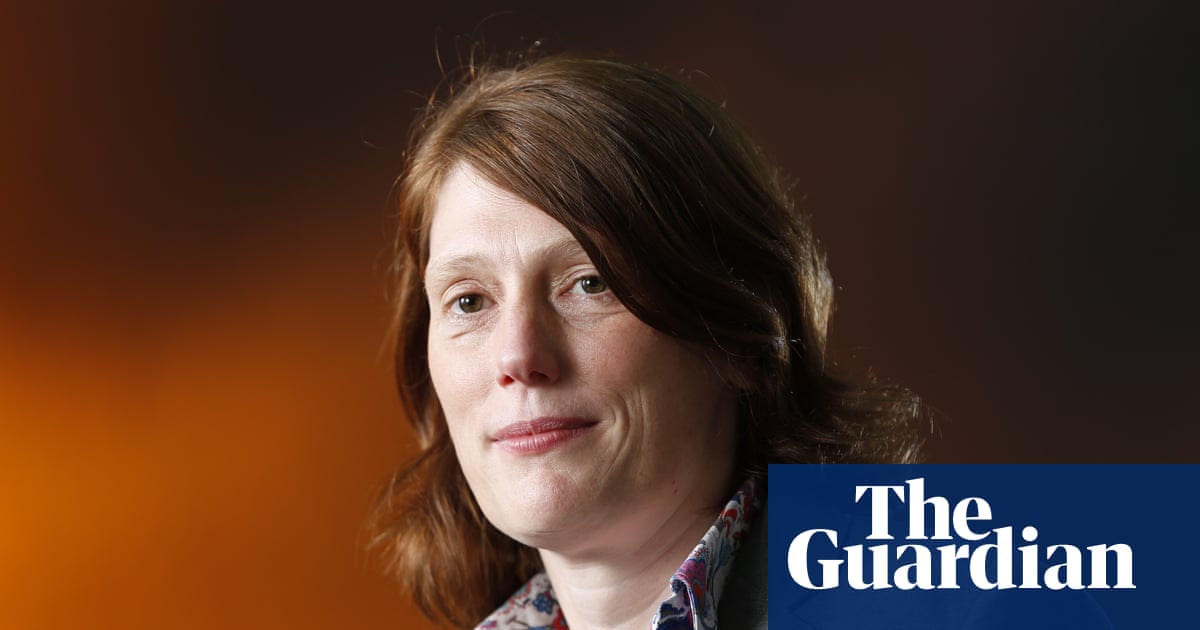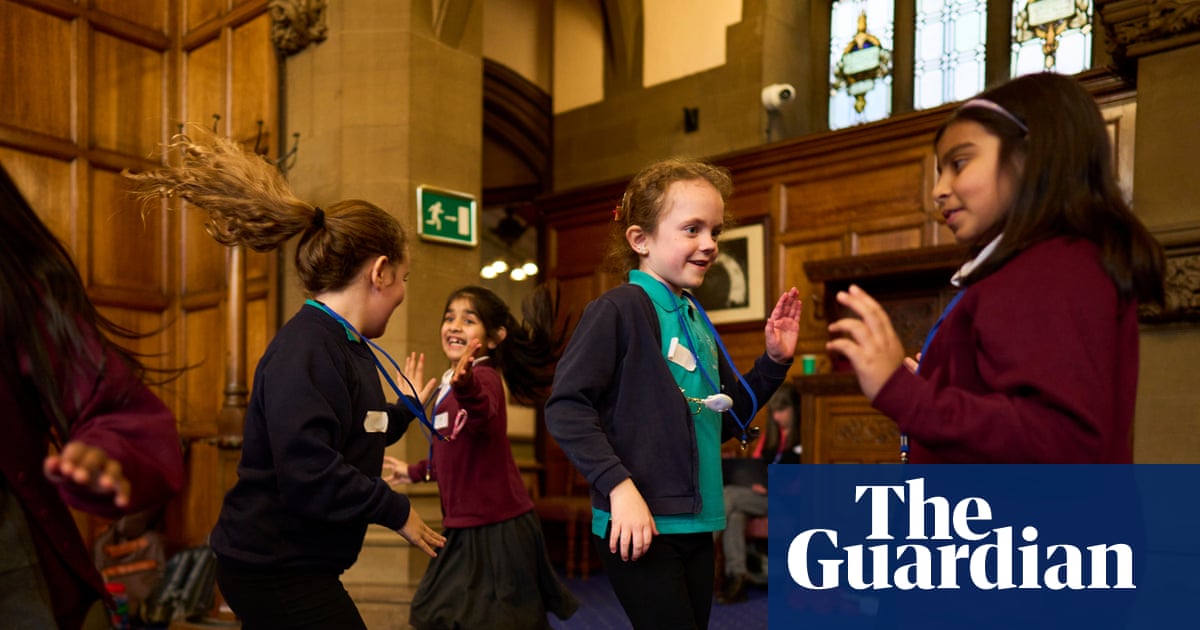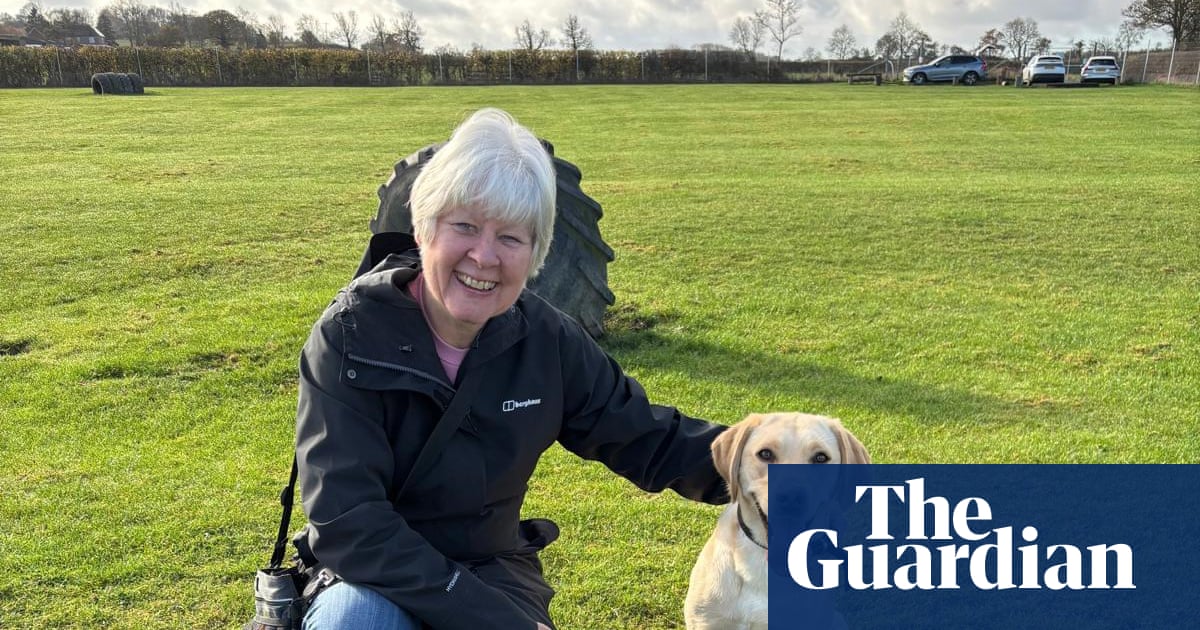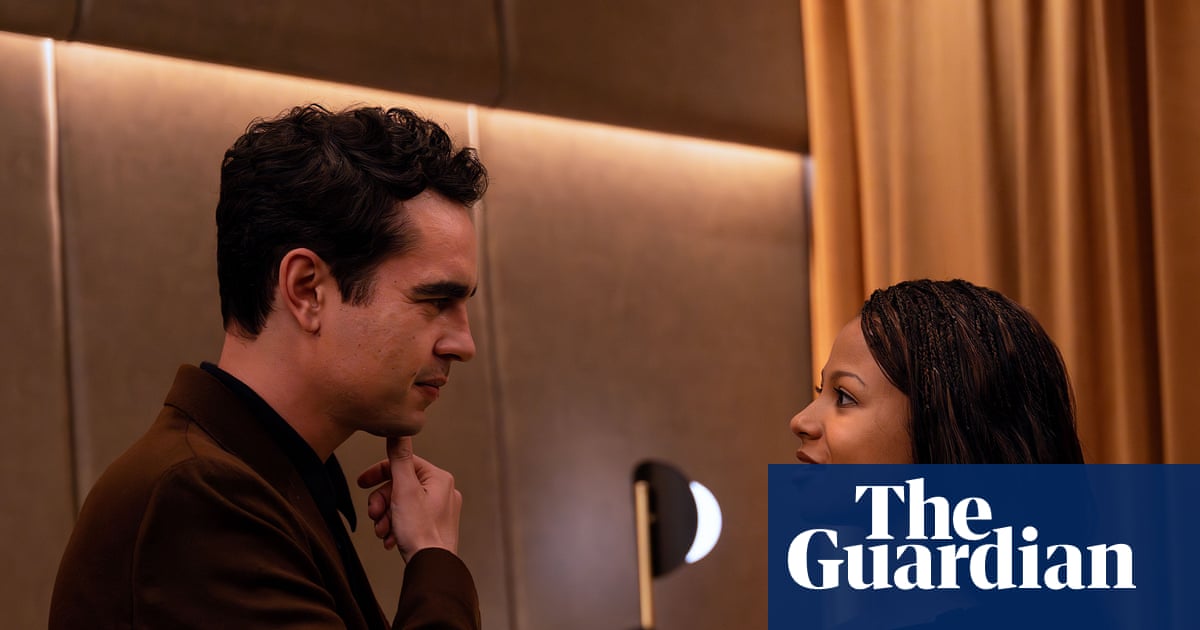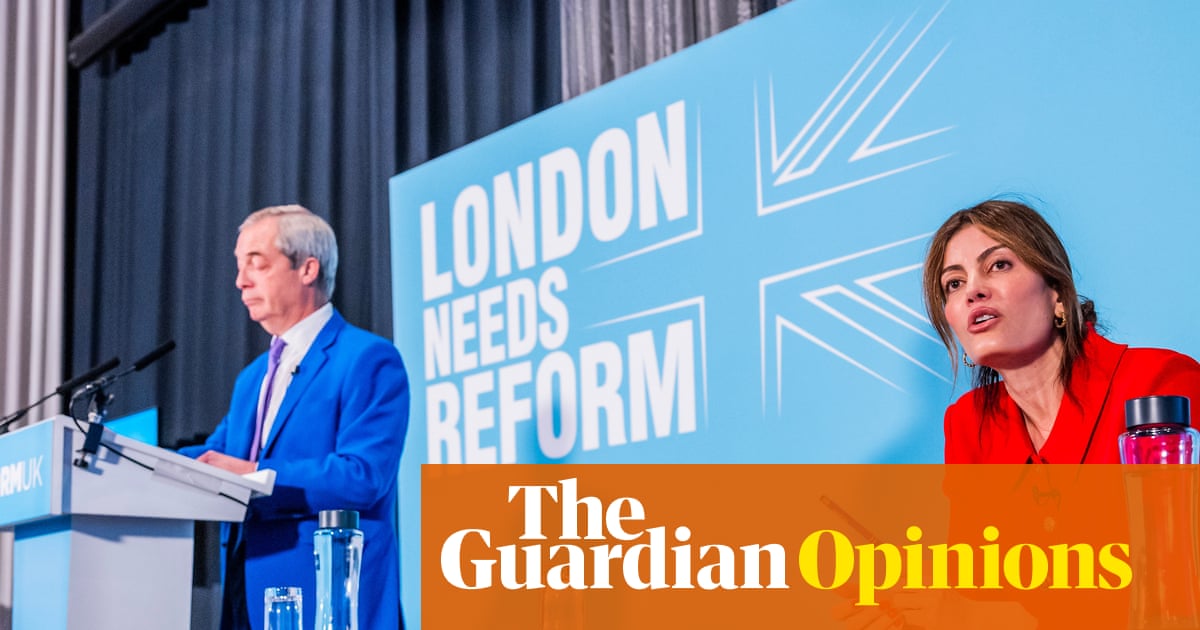Harnessing artificial intelligence will help the world to tackle the climate crisis, but governments must step in to regulate the technology, the UN’s climate chief has said.
AI is being used to make energy systems more efficient, and to develop tools to reduce carbon from industrial processes. The UN is also using AI as an aid to climate diplomacy.
But concerns over the vast and increasing energy requirements of large datacentres must prompt governments to act, said Simon Stiell, executive secretary of the UN framework convention on climate change.
“AI is not a ready-made solution, and it carries risks. But it can also be a gamechanger. So we now need to blunt its dangerous edges, sharpen its catalytic ones, and put it astutely to work,” he said. “If you run a major AI platform, power it with renewables, and innovate to drive energy efficiency.”
He added: “Done properly, AI releases human capacity, not replaces it. Most important is its power to drive real-world outcomes: managing microgrids, mapping climate risk, guiding resilient planning.”
Stiell gave an upbeat assessment of the state of global climate action, saying the world was “aligning with the Paris agreement”, with renewable energy booming, and governments set to produce fresh commitments on cutting carbon.
Speaking on Monday on the sidelines of the UN general assembly in New York, where world leaders have gathered amid stark geopolitical tensions, conflict and economic strains, he made a robust defence of climate diplomacy, in the face of outright hostility from Donald Trump’s White House.
“If we look past the noise, the facts show a world aligning with the Paris agreement,” he said. “Investment in renewables has increased tenfold in 10 years. The clean energy transition is booming across almost all major economies, and hit $2tn last year alone.”
China has led the global clean energy boom, but others – including the EU, India, African nations and Latin America – are also seeing widespread uptake of clean options. Investment has hit obstacles in the US, where Trump has ordered the dismantling of federal efforts to tackle the climate crisis, but many state governments and companies are continuing with their commitments.
Companies are seeing economic opportunities in the shift to a low-carbon world, but more finance is still needed. According to research published on Monday by the Industrial Transition Accelerator, of more than 700 low-carbon industrial installations in planning and development around the world, only 15 a year were gaining the finance necessary to go into full production. This represented a $1.6tn (£1.2tn) opportunity for investors, the group said.
Citing the research, Stiell said: “We’re not waiting for miracles. The economics are on our side. Over 90% of new renewables cost less than the cheapest new fossil option. The technologies and solutions already exist.”
But he said the benefits of the race to a low-carbon economy were not yet being felt “in living rooms”, though companies were seeing the difference. “This boom is uneven. Its vast benefits are not shared by all,” said Stiell.
The impacts of the climate crisis were also accelerating, he added, so progress needed to be much faster. Governments are obliged, under the Paris agreement, to produce fresh national plans – known as nationally determined contributions, or NDCs – on curbing greenhouse gases. They were due in February, but Stiell extended the deadline to this month ahead of the crunch Cop30 climate summit in Brazil in November, where the next decade of climate action will be discussed.
Many major economies – including the EU, China, India, Russia and Saudi Arabia – have yet to formally submit their national plans. Trump has withdrawn the US from the Paris agreement.
Stiell, who in a recent interview with the Guardian called for more emphasis on the positive economic opportunities of the climate crisis, said: “Every Cop has its challenges. And there are always naysayers. But they are only the story if we make them the story.
“Right now we need to reaffirm, sending a stronger, unmistakable signal: the world is still rock-solid behind Paris, and fully onboard for climate cooperation – because it works, and together we will make it work faster.”

 3 months ago
265
3 months ago
265
